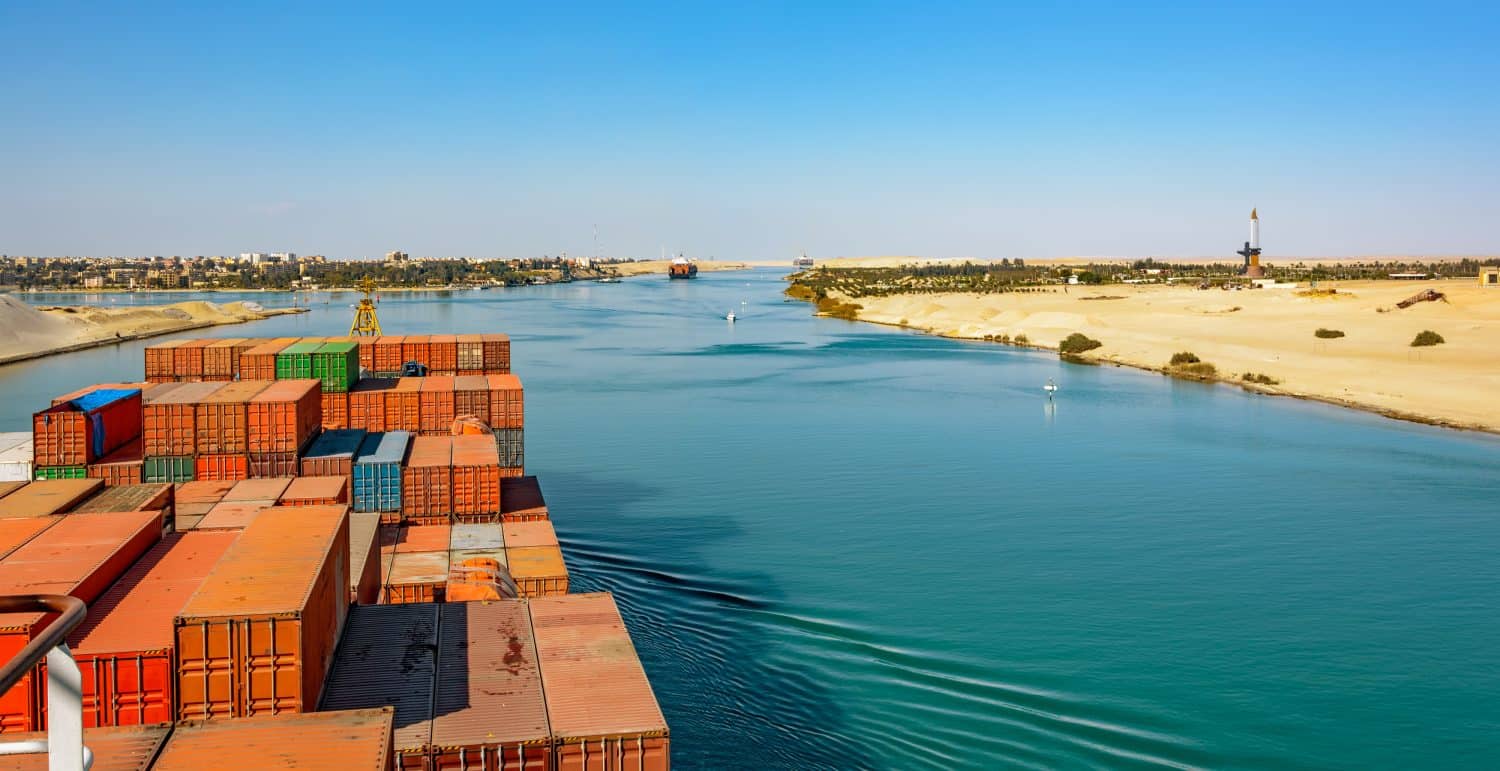Ismailia, Egypt — Egypt deployed three tugboats Sunday to tow away an oil tanker that had broken down and caused brief delays in the Suez Canal, authorities in charge of the vital waterway said.
Traffic in both directions returned to normal after a brief disruption when the Malta-flagged Seavigour experienced a “machinery malfunction” while en route from Russia to China, the Suez Canal Authority said.
Three tugboats “successfully towed and moored the ship” at a shipyard where the technical fault will be fixed before the tanker “resumes its crossing”, according to a statement.
Brief disruptions caused by ships breaking down or running aground are common in the waterway, through which about 10 percent of global maritime trade passes.
Most are refloated within hours, allowing traffic to resume.
In March 2021 the giant container ship Ever Given caused a nearly week-long stoppage in Suez traffic after it became lodged diagonally in the waterway.
The disruption cost billions of dollars in shipping delays, with Egypt losing between $12 million and $15 million for every day of the closure.
The canal is a major source of much-needed foreign currency for cash-strapped Egypt, earning it $8 billion in transit fees in 2022.








